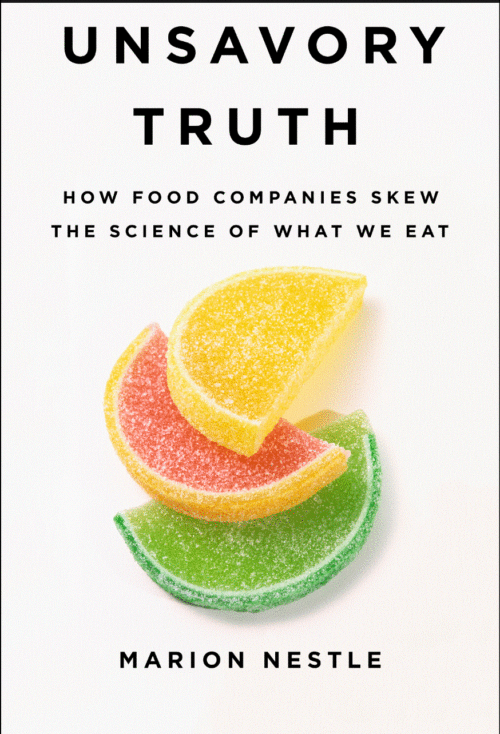Industry-funded research #3: nuts
Nuts are demonstrably good for health. They have high proportions of fat and, therefore, calories, and the calories can add up quickly. But a small handful makes a great healthy snack.
Why their trade associations feel they need to produce favorable research is beyond me, but as far as I can tell, they are all competing with each other for market share.
Here are a few examples of nut studies funded by trade associations to convince you to eat more nuts.
The point: Whenever you see a study showing amazing health benefits from one single food, there’s a good chance its trade association paid for it.
NUTS IN GENERAL
The study: Mixed Tree Nuts, Cognition, and Gut Microbiota: A 4-Week, Placebo-Controlled, Randomized Crossover Trial in Healthy Nonelderly Adults. J. Nutrition. VOLUME 152, ISSUE 12, P2778-2788, DECEMBER 2022. DOI:https://doi.org/10.1093/jn/nxac228
Conclusions: These findings indicate a positive effect of nut on cognition following only 4 wk of consumption in a healthy nonelderly sample, as well as upregulation of a microbial taxa associated with gut health. The effects appear to be independent of one another, but further exploration is required in those experiencing cognitive decline and/or gut dysbiosis.
Funding: This study was supported by funding from the INC (International Nut and Dried Fruit Council).
ALMONDS
The study: Almond intake alters the acute plasma dihydroxy-octadecenoic acid (DiHOME) response to eccentric exercise. Front. Nutr., 09 January 2023. Volume 9 – 2022 | https://doi.org/10.3389/fnut.2022.1042719.
Conclusions: In general, the elevated post-exercise plasma levels of 12,13-DiHOME with almond intake support positive metabolic outcomes for adults engaging in unaccustomed eccentric exercise bouts. Other almond-related benefits for exercisers revealed in this study include reduced feelings of fatigue and tension, better leg-back strength during recovery, and decreased muscle damage during the first day of recovery.
Funding: This work was supported by Almond Board of California, Modesto, CA. The funder had no role in the study design, data collection, analysis and interpretation, the preparation of the manuscript, or in the decision to submit the article for publication.
MACADAMIAS
The study: Macadamia nut effects on cardiometabolic risk factors: a randomised trial J Nutr Sci. 2023.
Conclusion: Daily consumption of macadamia nuts does not lead to gains in weight or body fat under free-living conditions in overweight or obese adults; non-significant cholesterol lowering occurred without altering saturated fat intake of similar magnitude to cholesterol lowering seen with other nuts.
Funding: This study was funded by Hort Innovation, Sydney, Australia (Project code MC17005). J. J., K. O. and F. M. – None; J. S., S. R. and C. H. have received research funding through their institution from Hort Innovation, Sydney, Australia. Note: Hort Innovation is a grower-owned, not-for-profit research and development corporation with the goal of creating value for horticulture growers and those across the horticulture supply chain. It invests more than $120 million in R&D, marketing and trade programs on behalf of industry.
PEANUTS
The study: Urinary Phenolic Metabolites Associated with Peanut Consumption May Have a Beneficial Impact on Vascular Health Biomarkers. Antioxidants. 2023; 12(3):698. https://doi.org/10.3390/antiox12030698.
Conclusion: the present study shows for the first time that regular peanut and peanut butter consumption could have a positive impact on vascular biomarkers in healthy young adults.
Funding: This research was supported by funding from the Peanut Institute


